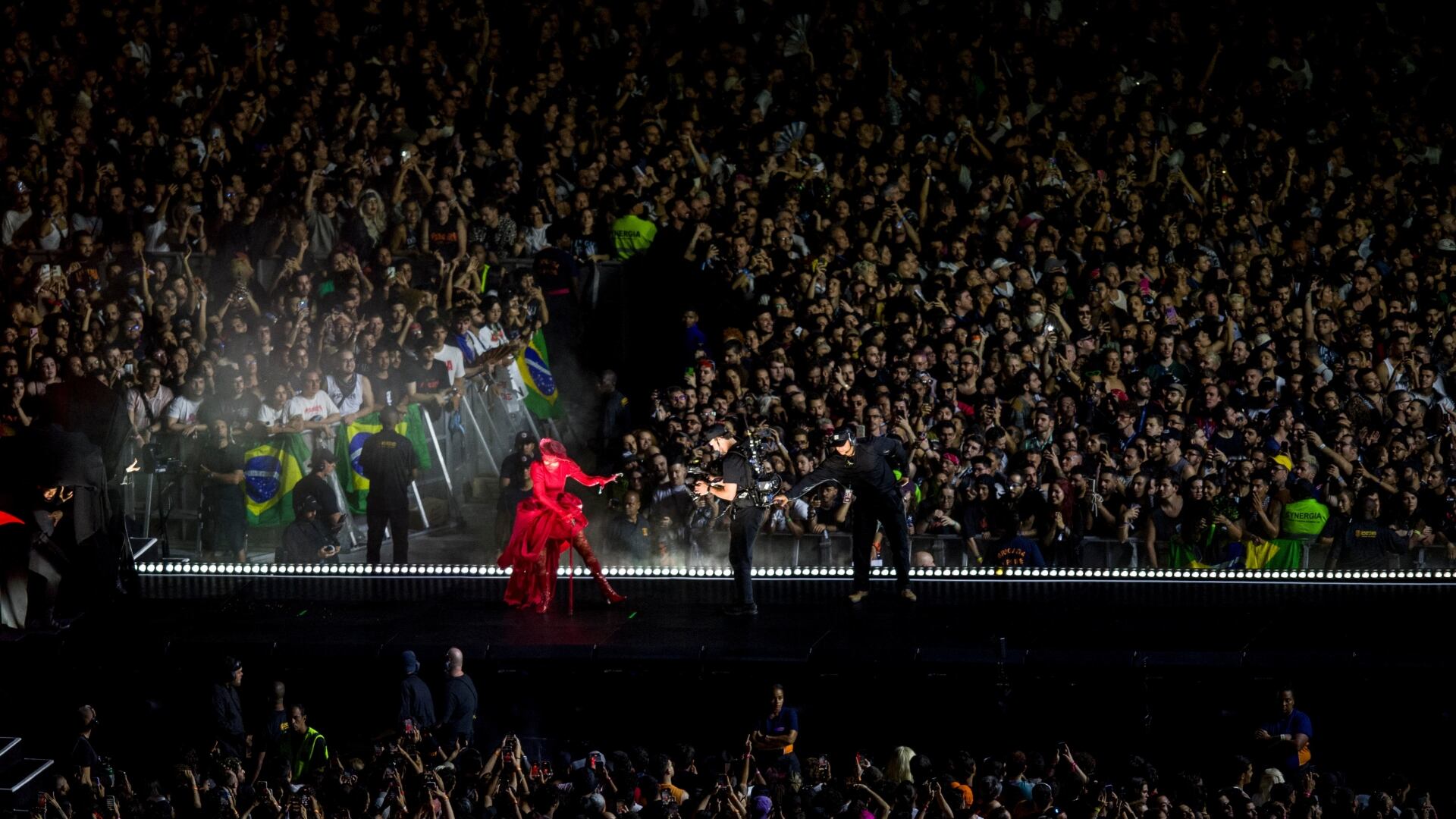Mobile developer Zynga makes small games, but the company is getting big fast with a business model that treats its product more like a living service than a one-off purchase.
"Our focus is almost entirely on engaging players," COO Matt Bromberg told Cheddar. "Good things happen in the game business when you've got players who stay with you and play more."
More engaged players also mean more spending in an industry that relies on microtransactions within free-to-play games to generate revenue.
The San Francisco-based company, behind popular social games such as FarmVille and Words With Friends, turned in its strongest quarter yet with $404 million in revenue and $433 million in bookings, each up more than 60 percent year-over-year.
Zynga did see a net loss of $4 million in the last quarter, and earnings per share fell below consensus estimates, but the stock nonetheless jumped 13 percent after yesterday's report.
The company is in an expansion mode that has driven up costs as well as revenues.
Those costs were partly the result of a string of acquisitions that have bolstered Zynga's lineup of top-downloaded games. It purchased Gram Games and Small Giant Games in 2018, which brought with them blockbusters such as Empires & Puzzles, Merge Magic! and 1010!
The company has made eight other acquisitions since launching in 2007.
Bromberg said Zynga has a three-fold growth strategy: The first is creating new "forever franchises," or games that become a perennial presence on mobile phones.
The second is continuing to develop its live services. These are the games that provide constant upgrades and engagement in exchange for microtransactions within the app.
The third is investing in new platforms and technologies that will position the company to take advantage of shifting digital trends.
"We've seen growth and momentum in all three of the big areas we operate in," Bromberg said.
Online game transactions continue to drive growth, pulling in $325 million in the fourth quarter, while advertising trailed behind with $80 million. Bromberg noted that more immersive games lent themselves to microtransactions, while casual games were better for ads.
Zynga is banking on the broad appeal of its games to continue to build its customer base.
"More than half of our gamers are women," Bromberg said. "Many of our games are truly casual. We're not sort-of operating in this narrow niche of gaming which is male and younger."
The game developer expects to deliver $1.6 billion in revenue in 2020.












